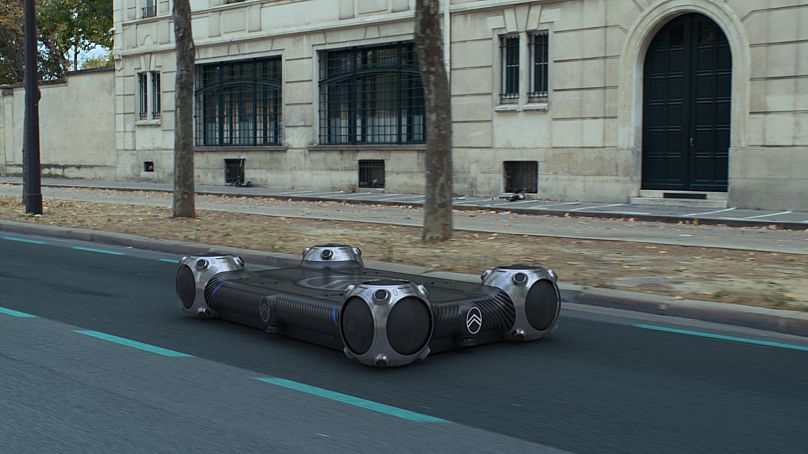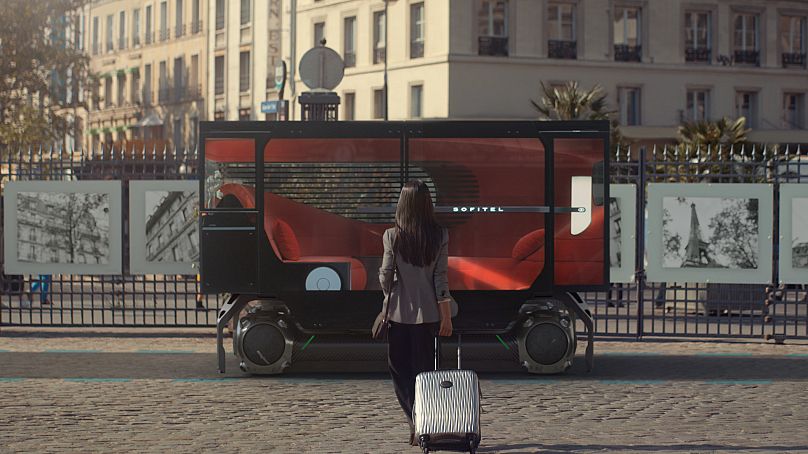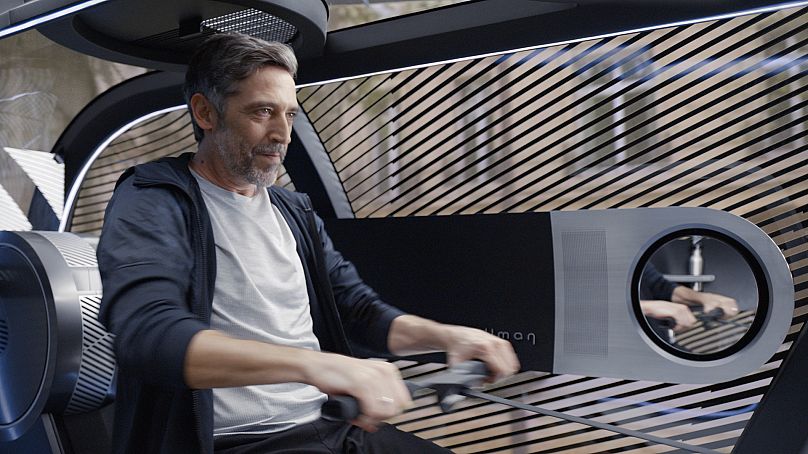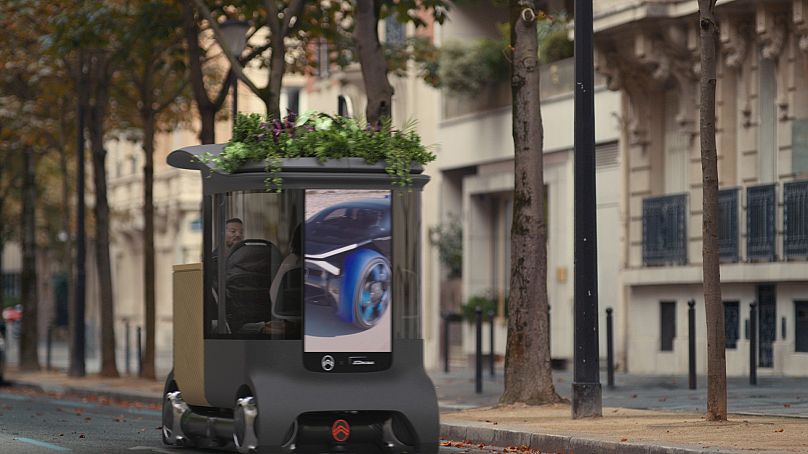Rethinking urban mobility, Citroën is leading a revolution in autonomous cars for city living.
What’s the future of mobility? According to French automotive giant Citroën, the answer lies in three objectives: to be autonomous, shared and multipurpose.
 ADVERTISEMENT
ADVERTISEMENT
 ADVERTISEMENT
ADVERTISEMENT
Its new concept, called Citroën Autonomous Mobility Vision, sees an autonomous and electric mobility platform sliding its four big wheels under modules to take them on dedicated tracks through cities at 25 kilometres per hour.
Its name? The Citroën Skate. This transport robot is paired with a "pod" and can take various forms, including a mini-cab that can accommodate up to five people, a luxury lounge or even a gym.
A creative collaboration
To realise this vision, the French carmaker has teamed up with two other behemoths, hotel operator Accor and outdoor advertising giant JC Decaux, to form the Urban Collëctif.
Starting from the premise that mobility is "an essential need in daily life" and that it is difficult not to clog the roads of large cities at rush hour, the Urban Collëctif is reinventing the urban mobility of tomorrow.
As the World Bank predicts two-thirds of the population will live in cities by 2050, the French trio is seizing the opportunity to transform urban areas into "more pleasant, more fluid and more human" places.
"At Citroën, we examine medium and long-term trends to anticipate consumer expectations and needs," Vincent Cobée, Citroën general manager, said.
"We believe that this new concept can redefine the framework of urban mobility: shared, electric and autonomous. With the solution we are presenting in partnership with Accor and JCDecaux, we are inventing autonomous mobility for all".
The Urban Collëctif symbolises the "desire to continue to innovate and imagine the urban mobility services of the future," said Jean-Charles Decaux, co-chief executive officer of JC Decaux.
"Teaming up with public and private partners to develop innovative and useful solutions to sustainably improve city life is fully in line with JCDecaux’s mission".
As for Accor’s chairman and CEO Sébastien Bazin, he believes "extending the hotel experience outside the walls of our establishments is in line with our bold and modern vision of hospitality".
The Citroën Skate
So what is the Skate? Imagine a skateboard 2.6 m long, 1.6 m wide and 51 cm high. Add four omnidirectional wheels designed by Goodyear. Incorporate small electric motors to give this robot complete 360-degree freedom of movement.
The chassis and the pods are able to travel around all urban centres in dedicated protected lanes "to ensure fluid and optimised mobility" at a maximum speed of 25 km/h.
The speed can be configured according to how the pods are used in order to meet demand as effectively as possible.
Autonomous, electric and chargeable via induction, it allows all kinds of pods to be positioned above the platform in less than 10 seconds.
Hotel and gym on wheels
The first pod born from the collaboration between Accor and Citroën is the "Sofitel en voyage". It can carry two to three people in comfort, operating as a luxury valet.
"Each pod is a bold and modern interpretation of interior and automotive design," Damien Perrot, global senior vice-president of design at Accor, said.
"They are designed beyond the conventions and standards that the industry is using today, with precision engineering, high-end materials, refined aesthetics and revamped functions and applications".
Through these pods, the luxury hotelier wants to see "mobile hospitality in the city".
The Pullman power fitness pod, on the other hand, is designed to explore new ways to work out while on the move.
It can accommodate one user who could exercise independently and immersively, with the rower on one side and the bike on the other, while travelling through the city.
It has an unusual glass bubble with iridescent shades of blue, purple, pink and green, combining sport, music and light.
True to Pullman’s hyperconnected spirit, a digital coach via the holographic screen encourages you while you also get up-to-date travel information during your cardio session.
The effort put on the bike or the rower also regenerates the batteries of the Skate.
Self-driving shelter
An extension of traditional public transport, the JCDecaux City Provider pod is designed as a mobile bus shelter that could revolutionise public transport in urban centres.
Up to 5 people can move around in an open, welcoming, bright space with great visibility over the city on the go.
Inside, passengers have grab bars for safe travel and USB sockets to charge all mobile devices.
Two screens with interactive maps are available, one inward, the other outward.
Are we ready to welcome these concept cars?
While the vehicles are unlikely to be rolled on streets for a few years, the idea is to "start the discussion" and respond to trends in society, according to the trio.
"The challenge for us is to find the right balance between technology and infrastructure" at a "reasonable" cost, underlined Christine Hansen, Citroën's strategy director. "Autonomy will be very expensive on an individual vehicle: shared use makes it possible in the near future".
"We are also reinventing what you are going to do during transport time," said Pierre Leclerq, design director at Citroën, with great freedom in terms of interior fittings.
"Mobility must remain a pleasure and not a movement bumper to bumper".














